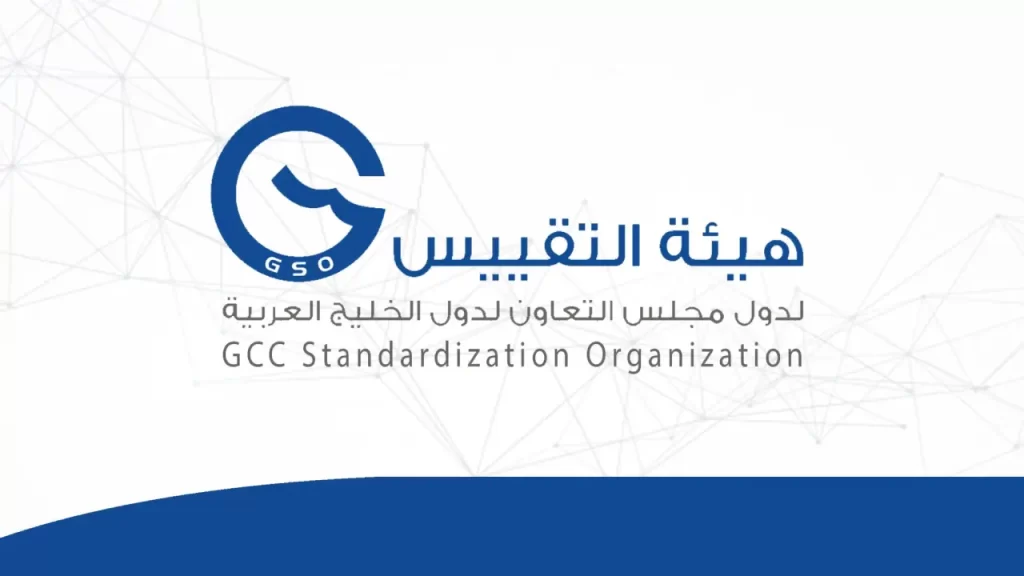
Headquartered in Riyadh, the GCC Standardization Organization, or GSO, is a regional standardization organization tasked with the mission of assisting member states to set standards and safety levels in relation to a wide range of initiatives, including water, fire protection, halal foods, cigars, cigarettes, and food safety. It also touches on hazards and risks in relation to electronics, lubricants, chemical substances, and more. Ultimately, it is intended for the GSO to operate in a similar manner to the ISO or ANSI.
The GSO is made up of a number of nations in the Middle East, including the following:
Certification through the GSO signifies that a company meets the organization’s standards as apply to that company’s field of endeavor. For instance, engine oil with GSO certification would meet the organization’s standards for safety, performance, and other factors. Another example is the conformity certificate now mandated for all motorcycles, motorcycles, and tires within member nations.
One of the more important standards issued by the GSO is 1785:2013, which applies to all lubricating oils for internal combustion engines. This applies to oils for both gasoline-powered engines, as well as diesel engines, although marine applications are exempted.
[related_postz] [contact-form-7 id="1683" title="Blogs Subscription"]This GCC Standardization Organization standard is closely tied to other global standardization efforts, and follows the SAE classifications used in most other nations. Lubricating oils are also classified by performance based on their specific API classification. Note that this standard is regularly updated. For instance, in 2017, the GSO removed API CG-4, CF-4, and CF from the list of approved lubricating oils that could be sold within member nations.
In order to earn GSO certification, companies must go through the authentication process. In this process, companies must first register with the GSO. This can be done electronically via the GCC Standardization Organization’s website. The registration and registration fee must be received, and then the company can submit an application. Note that applications cannot be submitted before the company’s details have been entered into the system, as it will require a username and password.
Next, the company will need to submit a formal request for GSO conformity certificate authentication. This must be done using the company’s header within a specific format as stipulated by the GSO. Full details of the product(s) being registered must be provided. For instance, automotive manufacturers must indicate the make and model, as well as the tire size and type. This information must be accompanied by the name, title, and signature of an authorized company representative, and accompanied by the company seal.
Evaluation Process
The evaluation process is the next step. During this period, engineers will evaluate the product in question and give a final approval or disapproval. The applicant will be notified of the decision via a message to the company’s registered email address. Verification is required after the final upload of the signed and sealed document.
Ultimately, the GCC Standardization Organization is a safety-related organization designed to help ensure that goods imported into or manufactured within the member nations comply with safety standards and do not pose undue risks or hazards to users or consumers.
[contact-form-7 id="1683" title="Blogs Subscription"]